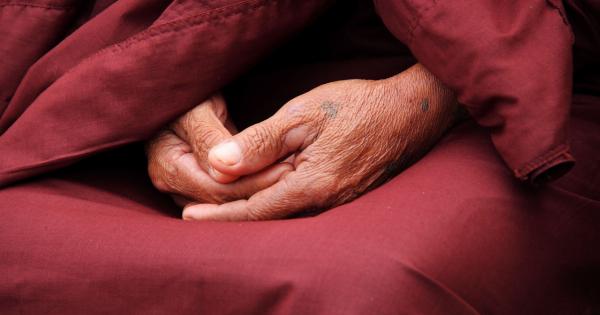Conspiracy theories have been around for centuries, ranging from theories about who really shot President John F. Kennedy to whether aliens are secretly controlling our government.
For some people, conspiracy theories can be a source of excitement and entertainment. For others, they can be a way to make sense of a confusing and complex world. However, not all people are equally attracted to these theories. It seems that certain groups of people are more likely to believe in conspiracy theories than others.
What are Conspiracy Theories?
Before we dive into the reasons why certain groups of people might be more attracted to conspiracy theories, let’s define what exactly a conspiracy theory is.
A conspiracy theory is a belief that a group of people or organizations are secretly working together to achieve some sort of goal or cover up some sort of truth. These theories often involve a high level of secrecy, power, and deception.
Who Believes in Conspiracy Theories?
Studies have shown that certain personality traits are associated with a greater likelihood of believing in conspiracy theories. For example, people who are more anxious or have lower self-esteem may be more prone to believing in conspiracy theories.
Additionally, people who feel that they have little control over their lives may be more drawn to conspiracy theories as a way to regain some sense of control.
Another factor that can influence belief in conspiracy theories is political ideology.
For example, people on the political fringes – whether on the left or the right – may be more attracted to conspiracy theories than those in the political center. This is because conspiracy theories often involve questioning the status quo or challenging official narratives, which can appeal to people who already hold non-mainstream beliefs.
Conspiracy Theories and Social Identity
Another factor that can influence belief in conspiracy theories is social identity.
People who strongly identify with a particular group – whether based on religion, ethnicity, or other factors – may be more likely to believe in conspiracy theories that paint their group as the victim of a nefarious plot. For example, some conspiracy theories claim that certain religious or ethnic groups are secretly controlling the government or the media.
This can be especially true when people feel that their group is being discriminated against or marginalized. In these situations, conspiracy theories can offer a sense of validation and solidarity.
By believing in the conspiracy theory, people feel like they are part of a group that knows the truth in a world where others are blind to it.
Conclusion
While conspiracy theories may often be dismissed as the province of the paranoid or the delusional, the truth is that they hold a certain attraction for a wide range of people.
From those who feel marginalized by society to those who simply enjoy a good story, different factors can influence someone’s attraction to conspiracy theories. By understanding these factors, we can better understand how conspiracy theories take hold and what we can do to counteract them.




























